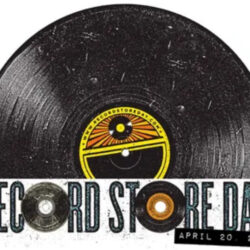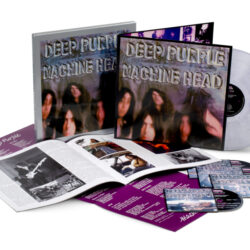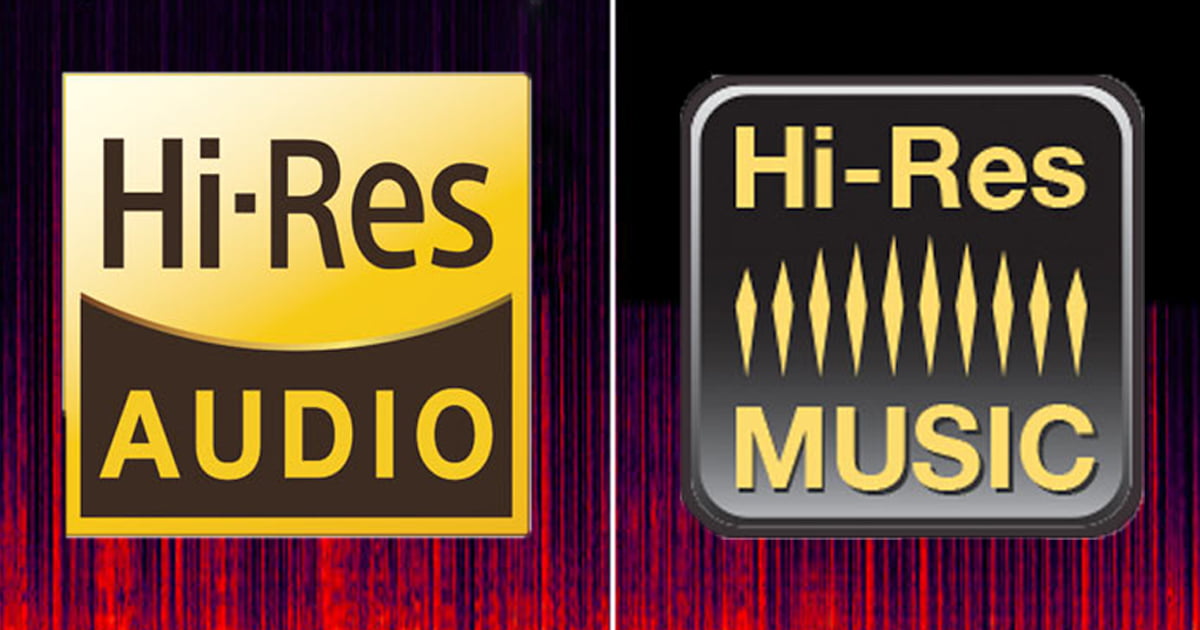It’s the time of year for saving money!

Do you know what Formula Vee Racing is?
In auto racing there can be a real problem figuring out who or what actually won a race. Oh, sure, it’s easy enough to tell – even in a “photo finish” – which car crossed the Finish Line first, but who or what should get the credit, or how should it be split up? Was the car faster or better handling than all the others? Is that why it won? Or was the driver braver, more skillful, or even just luckier than the rest? Was the “tuner” who set the car up for the race the real reason for the win? Or could it have been that the car and driver had the best-trained or best managed pit crew? Or the most skilled or most diligent mechanic? Or even the best tires for that track on that day, for those conditions?
Formula Vee is a simple way of answering the question of who or what really won the race, and does it by removing from consideration just about every factor except the driver and sheer brute luck, which can never be either controlled or eliminated. The way it does that is by making every car as identical as possible with every other car; by making the races short enough so that there’s no need for pit stops and tire changes; and by minimizing or eliminating every other factor possible. When a driver wins a Formula Vee race, he and everyone else can be sure that it was him and not the car or his pit crew that did the winning!

I always liked that idea and, at one point, even considered taking a crack at Formula Vee racing, myself, so you can imagine my surprise when it finally dawned on me that I had been doing essentially the same thing in my classical music listening for at least the last thirty years!
Think about this: In a piece of classical music, unlike folk, jazz, or much of “pop” and rock, just about every note of the music (with the exception of certain cadenzas and some of the ad lib vocal or instrumental ornamentation found in earlier music) was written down by the composer. So was the kind and number of instruments to be played in performing it, either by the composer, himself, or in the case of a transcription, orchestration, or arrangement not by the composer, by some other, possibly equally or even more famous other party. (Many of the best known works of Mussorgsky, for example, were orchestrated by Rimsky-Korsakov, Ravel, or Glazunov, each a famous composer in his own right, Bach also admired and transcribed works of Vivaldi, and, in Disney’s Fantasia ― possibly the most popular classical music movie of all time, Leopold Stokowsky, transcribed and orchestrated Bach’s Toccata and Fugue in D Minor from pipe organ to full modern orchestra)

Do you see the similarity to Formula Vee? Isn’t the performer (in orchestral music, the conductor) just the same as the Formula Vee driver? And isn’t having him work from exactly the same written score, and with (to continue the orchestral comparison) essentially the same orchestra as every other performer of the same music just exactly the same as the Formula Vee driver racing on the same track and driving essentially the same car as everybody else?
In either case, isn’t it pretty obvious that if there’s a win or a loss, or if you like or don’t like a performance, there’s, whether in the race or the performance, really only one person that (at least most of) the roses or rocks should be thrown at?
Now here comes the fun part. You can play “Formula V” (in this case for Vivaldi) at home! According to Wikipedia, by 2011, after a first recording in 1939, there had been about ONE THOUSAND recordings of Vivaldi’s The Four Seasons (Le quattro stagioni). Get, borrow, buy, or access however you can, TWO of them. Listen. Notice the differences and the similarities. Which performer did what better? Which did something worse? Unless the recordings are both from pretty much the same era, FORGET THE SOUND – assume, if the sound is not to your taste or is scratchy or simply “antique”, that it was raining on “Race Day”. The important thing is NOT the sound, or even the music; it’s the PERFORMANCE, and by comparing two different ones, side-by-side, you can see not just which one you like better, but “”WHY you like it better!
Once you know, get another performance of the same thing and play it against your previous favorite. Make a race of it. See which “driver” you like better, and REJOICE – with 1000 recording of The Four Seasons you can make a lifetime hobby of just that one piece of music.

Or, if it turns out that there’s one conductor you like better than many others, try him on a different piece of music, maybe even against some of the other conductors that he blew off on the Vivaldi. Do the same thing with orchestras, if you wish, but realize that you’ve always got the solid baseline of having the same music played by the same (roughly) kind and number of instruments, so you can always know who to thank or blame.
Just in case you’re curious, I have 16 recordings of the Vivaldi Four Seasons, 11 of the Shostakovich Symphony #15, and lesser multiples of many others.
It’s great fun. Try it! Vrooommm!





